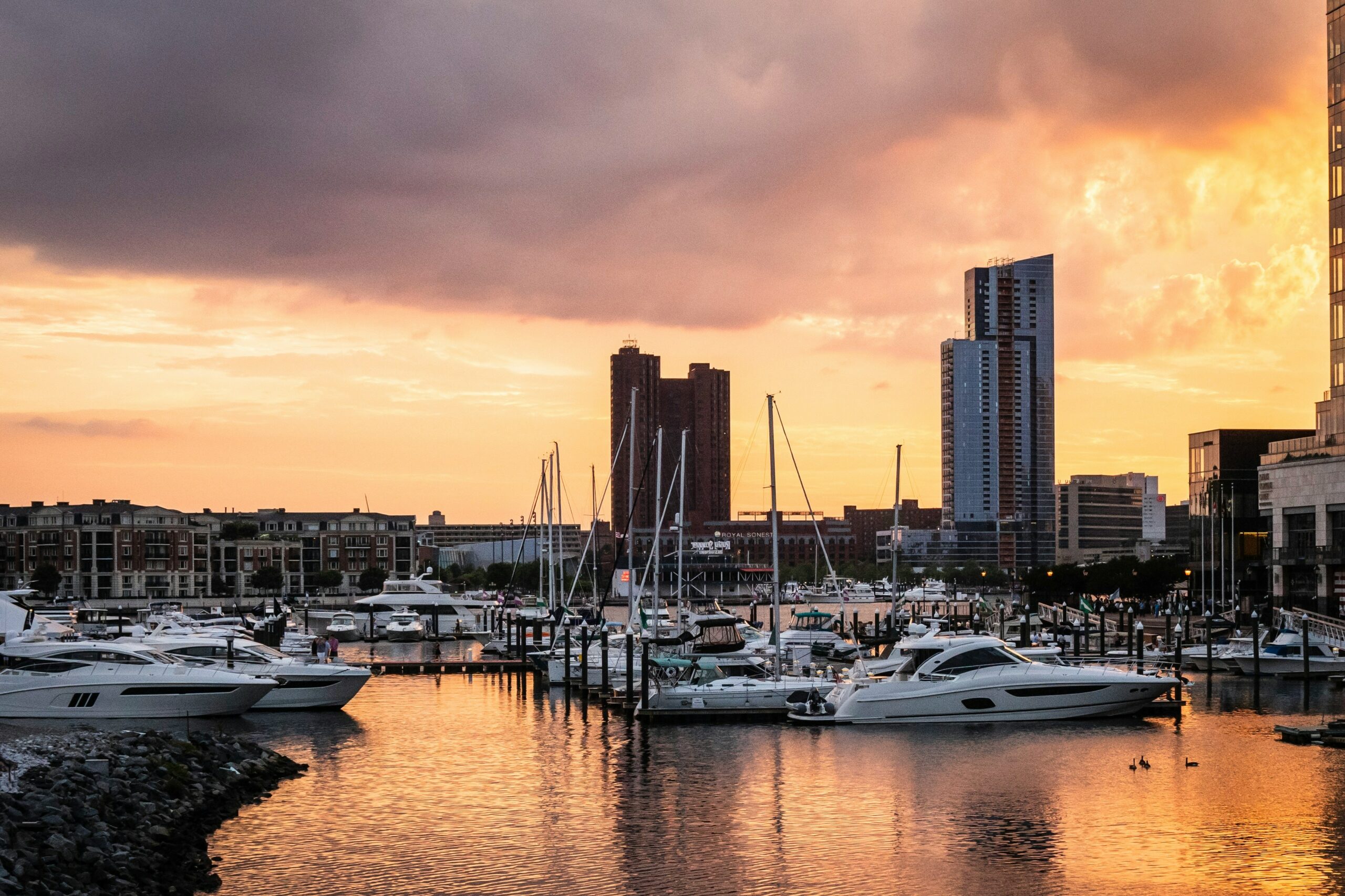Photo: #BaltimoreisStillonFire via Unsplash austinkirk.jpg
Despite being born and raised in Baltimore City, Maryland, my parents worked for Baltimore County Public Schools as teachers. Because I was a city kid, I could only go to where my parents taught. This led me to spend three years of middle school with my father at Loch Raven Technical Academy in 2013. It was a predominantly white school in Towson where I would continue to live comfortably being whitewashed. I had mainly white friends and would discover my queerness in the sixth grade with the crush I had developed on a white girl in my homeroom class. In hindsight, the overall experience wasn’t horrible; it had the occasional dramatics that came with a young girl going through puberty. I had no issues for the most part, until the seventh grade.
I don’t think I fully realized I was an “urban Black child” until Freddie Gray died in 2015. I thought I was the average tween in America who liked pop music, hanging out with my friends and writing randomly in my diary. I had rarely paid any attention to the news back then; none of it concerned me. I can’t recall exactly when the protesting started, nor can I recall when my parents would flip from Fox45 to CNN to see the same news story every day. For the most part, I can only remember two things: I remember the videos of the riots where people looted storefronts, burned cars and buildings and vandalized the inner city. And I remember the jokes.
I remember J, a Black boy I knew who grew up in the suburbia of Pikesville, standing up during our science class and declaring that he was going to start the “Baltimore County Riots,” and pretending to flip the desk over. The majority white classroom laughed, including me and the other students of color. Jokes like this were made almost every other day at that point. I would laugh and entertain these jokes at school, get in the car, and then go home to my parents to discuss what to do in case the looting and violence reached my neighborhood. It was a duality that only a select few would have to experience in life, and there I was experiencing it all at the age of 12. The riots stopped by the time they had eventually reached my neighborhood, around the same time that the cops were prosecuted. A naive mind like mine figured that the worst was behind me, but I was wrong.
The Frequency Illusion suggests that once you learn something, you’ll begin to notice it everywhere. In 2016, I would go from being in middle school with my father to attending high school with my mother. Milford Mill Academy was vastly different from Loch Raven Technical Academy in my eyes. Predominantly Black and Latino and a mostly urban population, I had no choice but to adapt the mindset I had. Especially with the 2016 election occurring at the same time. While the jokes around “living on a plantation again” had entertained me, I still had to listen to the disdain of my mother and father arguing about what would happen next once the 45th president took office. The country was becoming more divided by the second and while my father was prepared to inform his children about the realities we would have to face, my mother still wanted us to cherish the childlike innocence that many children of color are not privileged enough to have.
I assumed that it was after the election was over that I became involved in activism. Maybe it was after my English teacher at the time read us “To Kill A Mockingbird” uncensored. At the time, I wanted to believe that the white woman held no true ill intent when she declared that she was going to read the ‘n-word’ all the way through because she didn’t believe in “censoring books.” And I wanted nothing more than to believe she meant only the best for the Black and Latino children she was teaching when she tried to explain “genetic differences” between Black people and white people. I was terribly wrong, and my father would be the one to instill that I was wrong in my head. My oblivious excitement to tell my father about what my teacher had told us during class would lead to the realization I had ignored it. That I was just an urban Black child in the eyes of society.
The conversation was not harsh towards me but it was a punch in the gut. Learning about the racism of teachers I’ve had in the past that my father had to work with, how systematic racism affects the institutions I had no choice but to participate in like public schooling, and the countless amounts of torment that slaves endured for the sake of eugenics was too much for me and I broke down in front of both of my parents in that moment. I felt immediate guilt and shame for my naivety. I thought back to old memories of when I experienced blatant racism, classism, and misogynoir and brushed it off as jokes and misunderstandings. But I shouldn’t have blamed myself for what had been taught to me for years. I shouldn’t have blamed myself for being taught to look down on where I came from and who I was. Because none of that was my fault.
Shelby Lewis is a fourth-year English major with a minor in journalism. SL956954@wcupa.edu.

